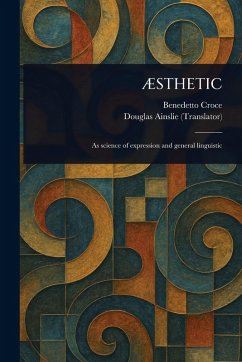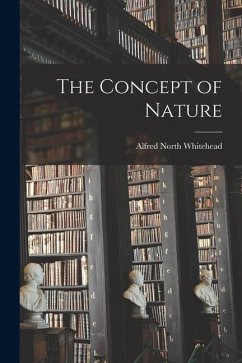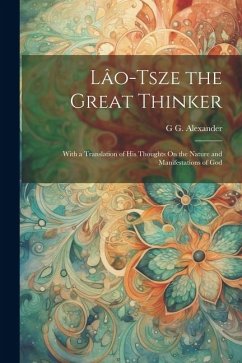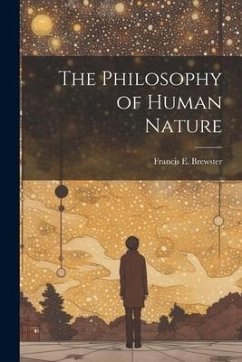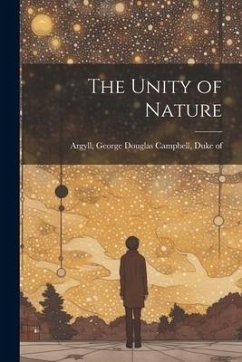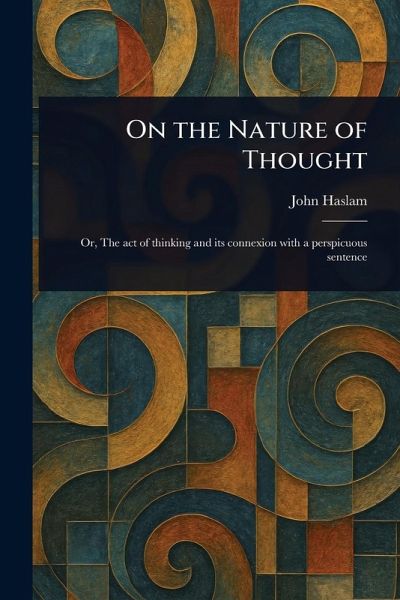
On the Nature of Thought

PAYBACK Punkte
7 °P sammeln!
Explore the intricacies of human cognition with John Haslam's "On the Nature of Thought, or, The act of thinking and its connexion with a perspicuous sentence." This seminal work delves into the very essence of thought and thinking, examining its profound relationship with language and the construction of clear and understandable sentences. A cornerstone of philosophical and psychological inquiry, Haslam's exploration offers insights into the fundamental processes of cognition. Readers interested in philosophy, psychology, and linguistics will find a wealth of ideas concerning the nature of th...
Explore the intricacies of human cognition with John Haslam's "On the Nature of Thought, or, The act of thinking and its connexion with a perspicuous sentence." This seminal work delves into the very essence of thought and thinking, examining its profound relationship with language and the construction of clear and understandable sentences. A cornerstone of philosophical and psychological inquiry, Haslam's exploration offers insights into the fundamental processes of cognition. Readers interested in philosophy, psychology, and linguistics will find a wealth of ideas concerning the nature of thought and its manifestation through language. This book provides a historical perspective on the study of cognition, revealing enduring connections between how we think and how we communicate. Carefully prepared for republication, this edition offers a fresh opportunity to engage with Haslam's important contribution to our understanding of the human mind. A timeless exploration of the power of thought. This work has been selected by scholars as being culturally important, and is part of the knowledge base of civilization as we know it. This work is in the public domain in the United States of America, and possibly other nations. Within the United States, you may freely copy and distribute this work, as no entity (individual or corporate) has a copyright on the body of the work. Scholars believe, and we concur, that this work is important enough to be preserved, reproduced, and made generally available to the public. We appreciate your support of the preservation process, and thank you for being an important part of keeping this knowledge alive and relevant.






